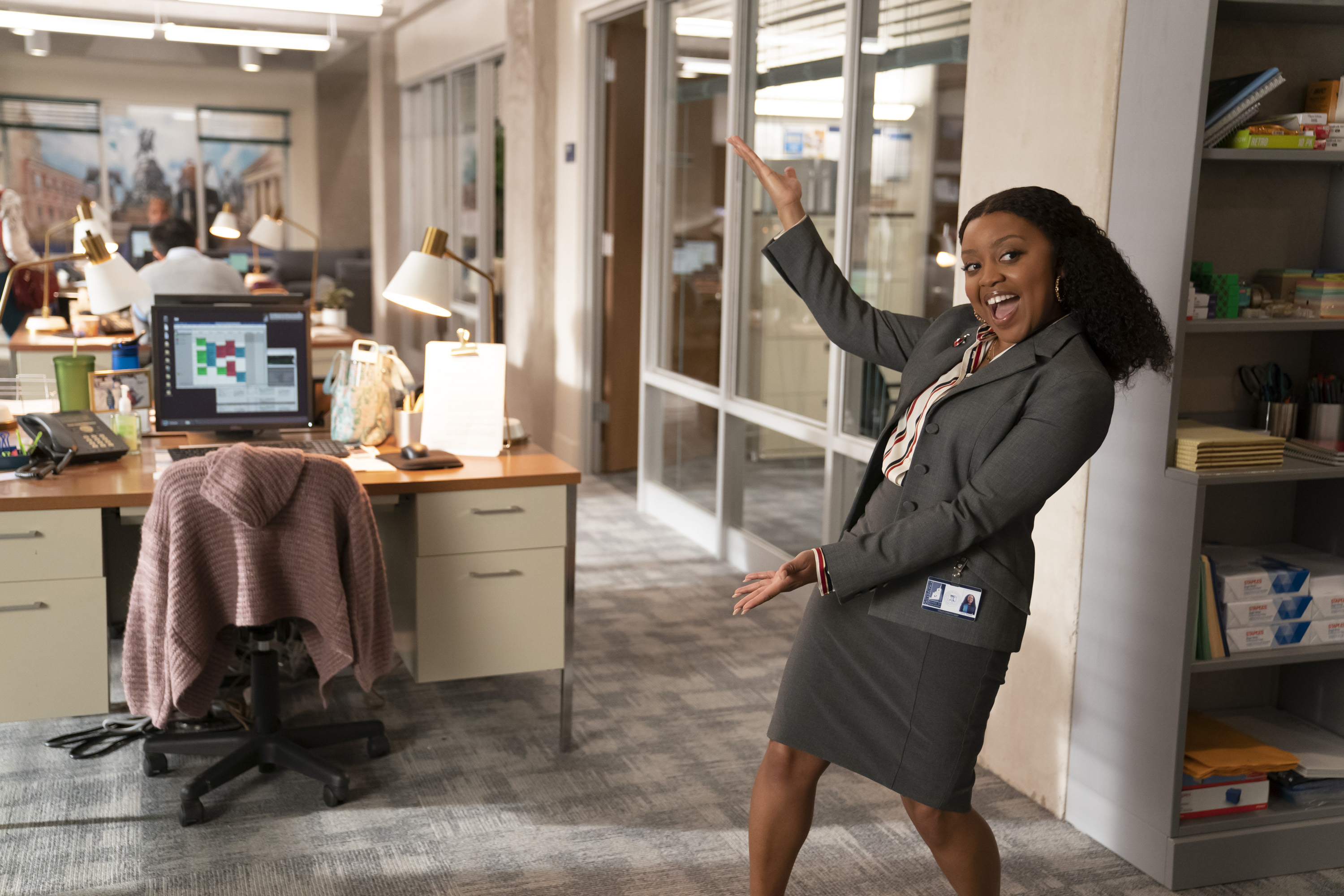
BURBANK, Calif. — With two seasons of her award-winning sitcom under her belt, Quinta Brunson feels like “Abbott Elementary” is now a “really well-oiled machine.”
“Have you ever seen, at the end of [‘Avengers: Endgame’], Tony Stark does a snap, and then he’s like: ‘You can rest?’ I feel like that this year. I feel like I can rest,” the creator and star told reporters Tuesday on the set of the workplace mockumentary series on the Warner Bros. lot.
Fresh off of the show’s Season 3 premiere last week, ABC already renewed the Emmy- and Golden Globe-winning sitcom for a fourth season, announced Saturday during the Television Critics Association’s winter press tour.
On Tuesday, Brunson — joined by her fellow executive producers Justin Halpern and Patrick Schumacker, and executive producer and director Randall Einhorn — discussed what to expect from the new season, including more fan-favorite elements.
For instance, the sitcom, which follows a group of teachers at a fictional Philadelphia public school, will continue to feature more Philadelphia locations and landmarks this season, the team explained. In addition, Brunson teased there will be more guest stars and celebrity cameos, describing how she’s already had several “pinch-me moments” just in the past week of filming.
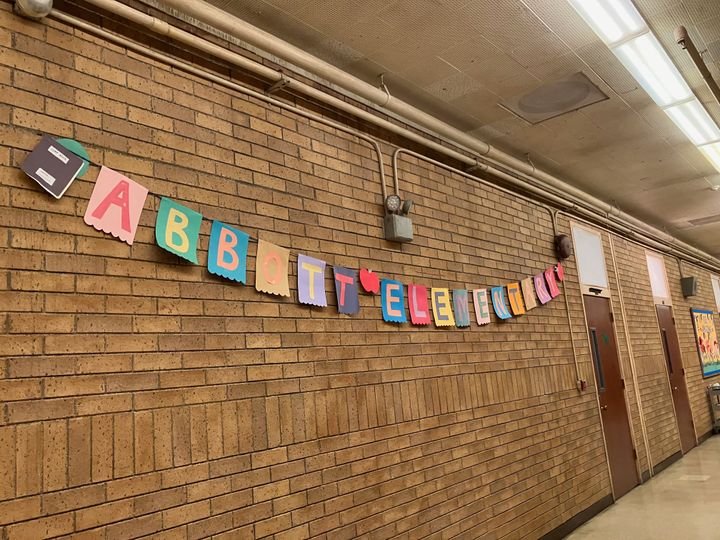
Asked about how these cameos have come about, some of them have involved famous people simply reaching out, Brunson said, quipping that it’s “really sweet that a lot of people are even interested in being on a show on the American Broadcast Company network.”
For instance, the process to get Philadelphia Eagles quarterback Jalen Hurts on the show began as early as the start of Season 2, when his team had reached out to the show’s writers to say he was a fan of the show and was interested in appearing, according to Brunson. Eventually, the writers figured out a way to incorporate him into the Season 3 premiere, where he made a memorable cameo via Zoom.
But don’t expect a bevy of celebrity cameos in the show’s future. As Brunson and Halpern explained, a big guest star or famous face has to make sense for the show. “We are just writing characters, and then after the fact, usually after the table read, we’re like: ‘Oh man, you know who’d be good for this?’ And that’s often how we get people,” Brunson said.
“We have to be really judicious about who we bring on the show,” Halpern added. “Would it make sense if that person is playing themselves? Would it make sense that they would actually cross paths geographically with the school in West Philly? So if it doesn’t make sense for that, we have to kind of put a stop to it.”
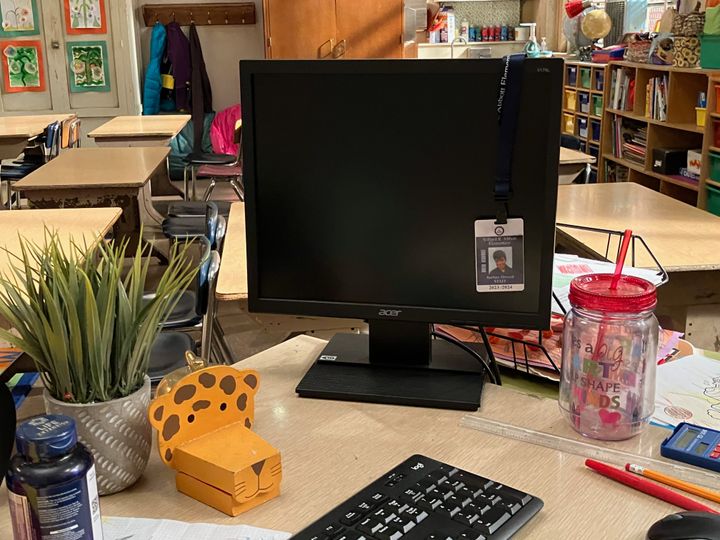
Last week’s Season 3 premiere began with a big shift for Brunson’s character Janine: The devoted teacher is now working in administration at the school district and spending less time in the classroom. Halpern explained the career change was something Brunson had pitched as early as Season 2, and it made sense for the character.
“We’re always starting from a place of character first, and these are people in their 20s, who make big decisions ― and sometimes rash decisions. They want to try things out. They want to see where they fit. And I think for us, it’s always interesting for Janine and Gregory and Jacob — the characters who are in their 20s in the show — to be able to be a little messy, and to look at parts of their lives and what they want to do.”
It also presented an opportunity for the show to tap into something happening in real life. “Young progressive people are getting into bureaucracies and trying to make a change,” Halpern said. “And so what does that look like? And we wanted to show that. We try to do our homework so that it feels authentic.”
“Abbott Elementary” has received lots of praise for reflecting real life. But at the same time, there are subjects Brunson is adamant would not be a good fit for the show. For instance, she has previously pushed back when fans have asked whether the show would depict a school shooting. In response, she has often said that at its core, the show is a family-friendly comedy designed to bring warmth to multiple generations of audiences, which she reiterated Tuesday.
“This is comedy first, to us. This is a comedy show. We happen to be making a comedy about a political issue. I was thinking about it recently, how ‘Abbott’ is politics: underfunded schools, public education, a predominantly Black neighborhood. It is the politics that everyone is fighting about,” Brunson said. “But we approach this as what makes us laugh in the room.”
It’s also a matter of the show’s format as a 22-minute network sitcom, she pointed out. “That’s another thing: We only have 22 [minutes] — 21:30 to be exact, to be able to make this show. So some things just can’t fit there,” she said. “We love coming into your living room for those 22 minutes and giving you a place of peace.”
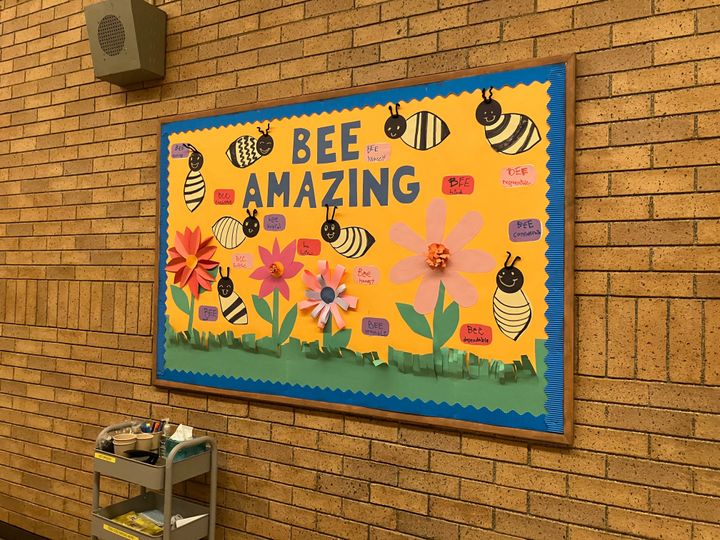
“Abbott” is often described as a descendant of previous mockumentary hit series like “The Office” and “Parks and Recreation.” Several members of the “Abbott” creative team are veterans of those shows, including Einhorn, a longtime director on both shows, whom Schumacker called “the godfather of this form.”
Brunson credited Einhorn with a lot of key decisions in creating the authenticity of “Abbott.” For example, it was Einhorn who suggested that instead of doing the teachers’ talking-head moments with them seated at a desk, like “The Office” and “Parks and Rec” characters often did, the talking-head shots should happen in the hallway because teachers are constantly on the move.
But the team also wanted “Abbott” to depart from those beloved predecessors in several ways. For instance, unlike some of those shows, where the characters don’t directly acknowledge there’s a “documentary” being made about them until later on in the series, the characters of “Abbott” have already frequently acknowledged the existence of the “documentary” and the fictional film crew.
“Those characters mean something to our characters,” Brunson said, noting how in one scene during Season 2, Gregory (Tyler James Williams) addresses the film crew directly when he confuses them with a team of local news cameras also filming at the school in that episode. “They’re integral to the school now. They’ve been at the school for three years. And even with the [Season 3] premiere, it was like: ‘Oh, what’s up, guys? We missed you!’ Our characters have a relationship with them now.”
In making “Abbott,” Brunson said she’s always thinking about how to reinvent the TV genres and tropes she loves. That spirit of reinvention was a big reason for the show’s bold decision in Season 2 to first accelerate, and then decelerate the will-they-won’t-they romantic tension between Janine and Gregory, as she explained.
“I really like to look at TV as constantly reinventing the wheel. So I thought we had the opportunity to reinvent by just moving that kiss up. People knew that something was going to happen, and I think the fun of young 20-somethings is really that stuff, like that happens all the time,” Brunson said. “People kiss each other, they have sex with each other, and then all of a sudden, they’re cool again, or not cool again, or friends again, and they have to be in the same social circle. Their life doesn’t just magically turn into something where they never see each other anymore. And I just thought that was an interesting vehicle for Janine and Gregory.”
While “Abbott” fans may love them as romantic interests, Brunson urged audiences to remember that Janine and Gregory are separate people with separate storylines, which is why “it was easy to slow it back down because they are co-workers who care about their jobs at the end of the day. And we always look at them as two separate entities,” she said. “The audience, they tend to look at them as a ‘will-they-won’t-they.’ But Janine has a path, Gregory has a path, and sometimes those paths cross, but they are individuals.”
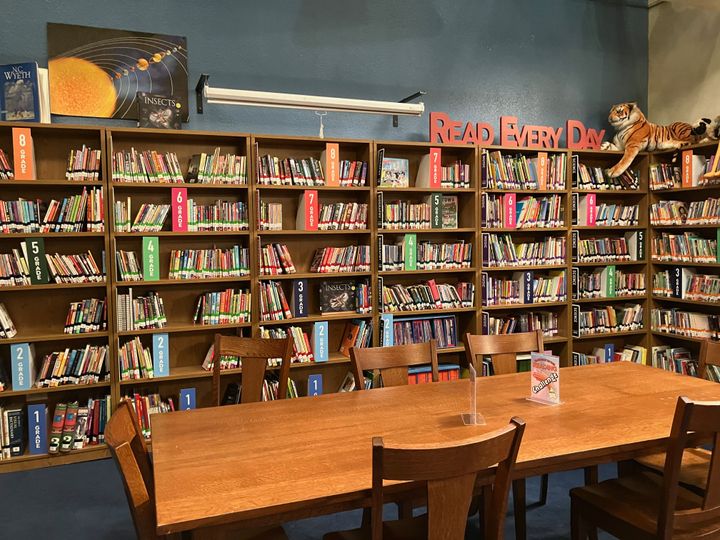
As Brunson continues to transform television with the success of “Abbott,” she is also just trying to remind herself to enjoy the ride.
“I’ll be honest with you. I wasn’t processing — I wasn’t for a while,” she said, when asked about whether she has processed the success of the show. “Second season: blur. Winning the Golden Globe: blur. I do not have a memory of that. I remember Tyler winning, but not me physically winning, or even the show winning because we were also working [during] the first award season that we were part of. We were here at 5 a.m. every day afterwards. And so we were just working and getting the job done, and so, I wasn’t really processing it.”
It was only during last summer’s WGA and SAG-AFTRA strikes when she actually was able to slow down and think about the whirlwind of the last few years of her career.
“The walls came crashing in, and I was like, ‘What is going on? What happened?!’ I was in my office, and I just walked out, and then I did a walk back, and I was like: ‘What was that award? What is that?’ And I can pull it off the shelf to see that it was a SAG Award,” she continued. “Because we were working, I wasn’t really processing how much had changed, which I think was good — but also bad. You should also be keeping up with where you are in life.”
She said she’s often able to get a well-needed gut check from her co-showrunners Halpern and Schumacker, who quipped Tuesday that, unlike Brunson, they’ve worked on plenty of not-so-successful shows.
“There have been times when Justin and Pat have been like: ‘Quinta, this is a good TV show. We are working on a TV show that is successful!’” Brunson said. “And I’ve been like, ‘Oh, OK!’”
Disclaimer: The copyright of this article belongs to the original author. Reposting this article is solely for the purpose of information dissemination and does not constitute any investment advice. If there is any infringement, please contact us immediately. We will make corrections or deletions as necessary. Thank you.
